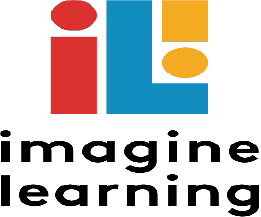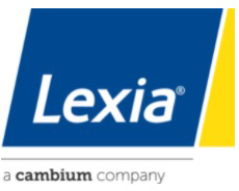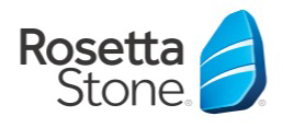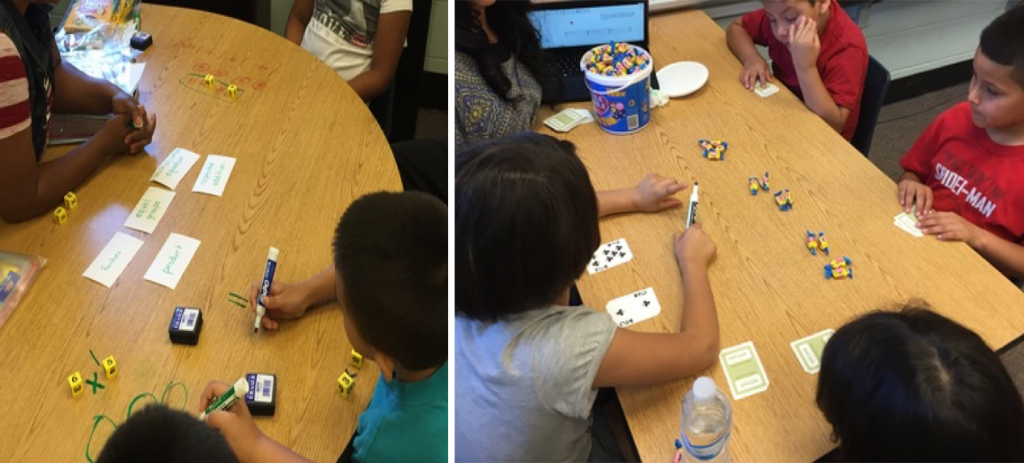Title III

Dr, Elizabeth WebbDirector, English Learner Programs, Title III, International Welcome Center | Maria BarnetteBilingual Secretary P: 770-426-3410 |
Staff
Administrative | |
| Grant Technician | 770-331-8142 | |
| Evaluation Specialist | 678-331-3967 | |
Consultants | |
| Consultant | |
| Consultant | 404-374-6418 | |
| Consultant | 404-353-8128 | |
| Consultant | 678-230-9719 | |
| Consultant | 404-374-9117 | |
Family & Community Engagement Staff | |
| Support Facilitator | |
| Parent Resource Specialist | |
| Parent Resource Specialist | |
| Family & Community Support Facilitator | |
| Parent Resource Specialist | |
| Parent Resource Specialist | |
| Family & Community Support Facilitator | |
| Parent Resource Specialist |
Title III Funded Language Instructional Education Programs (LIEPs)
The CCSD ESOL Office uses federal Title III grant funding to provide the following programs to supplement the CCSD ESOL program and accelerate students’ progress towards proficiency in English. Parents are asked to encourage their children to set goals to use these programs regularly so that they can achieve proficiency as quickly as possible!

Imagine Learning is an adaptive, interactive computer program that teaches language and literacy at your student’s level and helps them practice what they have learned through engaging, interactive games, book, songs, and videos. Audio language support in 15 different languages is also provided, which is a big help for newcomer students. The language support goes away as students get better and better in English. As your student uses Imagine Learning it adapts to their performance level so that they learn and practice the skills they need to become proficient in the English language.

Lexia® Core5® is a research-based online reading program for students of all abilities in grades Kindergarten through fifth. It provides personalized reading instruction for students that helps them develop their reading skills. The program also provides teachers with the information about how well students are doing, and with resources for individual or small-group instruction.

Rosetta Stone is a computer program designed to support students learning a new language. The CCSD ESOL Office provides Rosetta Stone licenses to help our students learn English quickly. Students can use Rosetta Stone at school, on most computers, and even on their phones! They can work online or download content and work offline. They can set and achieve their language learning goals at their own pace as they develop their skills in speaking, listening, reading, and writing. Using Rosetta Stone consistently will accelerate their progress learning English and support long-term student success.
Title III Supplemental Resources
Finish Line prepares students for WIDA’s ACCESS for ELLs® 2.0 exam and monitor their progress. With the practice in Finish Line for ELLs 2.0, students can improve their performance across the language domains and become familiar with tested item types. Data from each lesson can be used to monitor progress and identify gaps in learning.
Imagine Learning is a strategic, researched based language development resource that meets students at their own level. Children receive explicit, targeted instruction within an individualized learning path that continually adjusts to their needs. Engaging activities teach critical language and literacy concepts such as reading and listening comprehension, basic vocabulary, academic language, grammar, phonological awareness, phonics, and fluency.
Language Power is a highly differentiated and rick supplemental instructional resource. The program provides rigorous English language development instruction in the four language domains: reading, writing, listening, and speaking. In this standards-based resource that builds English language proficiency, students use a wide range of vocabulary and writing structures.
Lexia Core 5 provides differentiated literacy instruction for students in grades K-5. The program provides explicit, systemic, personalized learning in the six areas of reading instruction. Students focus on phonological awareness, phonics, structural analysis, automaticity, vocabulary, and comprehension.
Summit K12 provides a unique blend of content and literacy to engage students with science and social studies at their natural reading levels. Within SummitK12 are ConceptLinks® Literacy and Vocabulary BoostersTM programs which provide instructional resources for building foundational and academic vocabulary, concept development, comprehension and language development. Foundations lessons are in different languages allowing newcomers and IEL students to leverage their home languages in learning English literacy.
Write Time for Kids is an extensive writing program, which uses diverse texts, guided instruction, and purposeful practice to help develop readers and writers. The four major genres of writing: opinion writing, informative writing, nonfiction writing, and narrative fiction are addressed.
Supplemental Programs
Math Camp
The ESOL/Title III Department along with the Cobb Math Department offered an intense week-long math camp for upcoming 3rd, 4th, and 5th grade EL students to review previous material and to prepare students for the upcoming math standards. The ESOL and math teachers collaborated to prepare students with both WIDA language standards and the Georgia Standards of Excellence for math. The teachers used manipulatives, hands-on activities, playing cards, candy, computer programs, and games to keep the students engaged in the standards while using the SIOP model and WIDA standards to teach language and content simultaneously.

The math activities planned by our math and ESOL teachers implemented inquiry-based questioning with real world relevance. Students enjoyed desk graffiti to solve problems and create visual graphics, playing cards to learn fractions, and manipulatives to see proportionality and division.
Using SIOP planning for teaching language and math standards
Based on data from previous math assessments in the district, our math teachers focused on specific standards and elements within the appropriate grade levels for the Georgia Standards of Excellence for math.
The ESOL teachers ensured that both language and content were embedded in each of the lessons and daily activities. Every lesson contained explicit SIOP planning with language and content as specific objectives for each level.
Immigrant Children and Youth
The term immigrant means individuals who:
Are aged 3 through 21;
Were not born in any State; and
Have not been attending one or more schools in any one or more States for more than 3 full academic years (cumulative or may not be successive).
Meaning of State: This includes each of the 50 States, the District of Columbia, and Puerto Rico. This definition is for Title III purposes only and is unlike the definition of “State” in Section 9101 of the Elementary and Secondary Education Act (ESEA), which applies generally to ESEA programs. Section 9101 does include the outlying areas.
